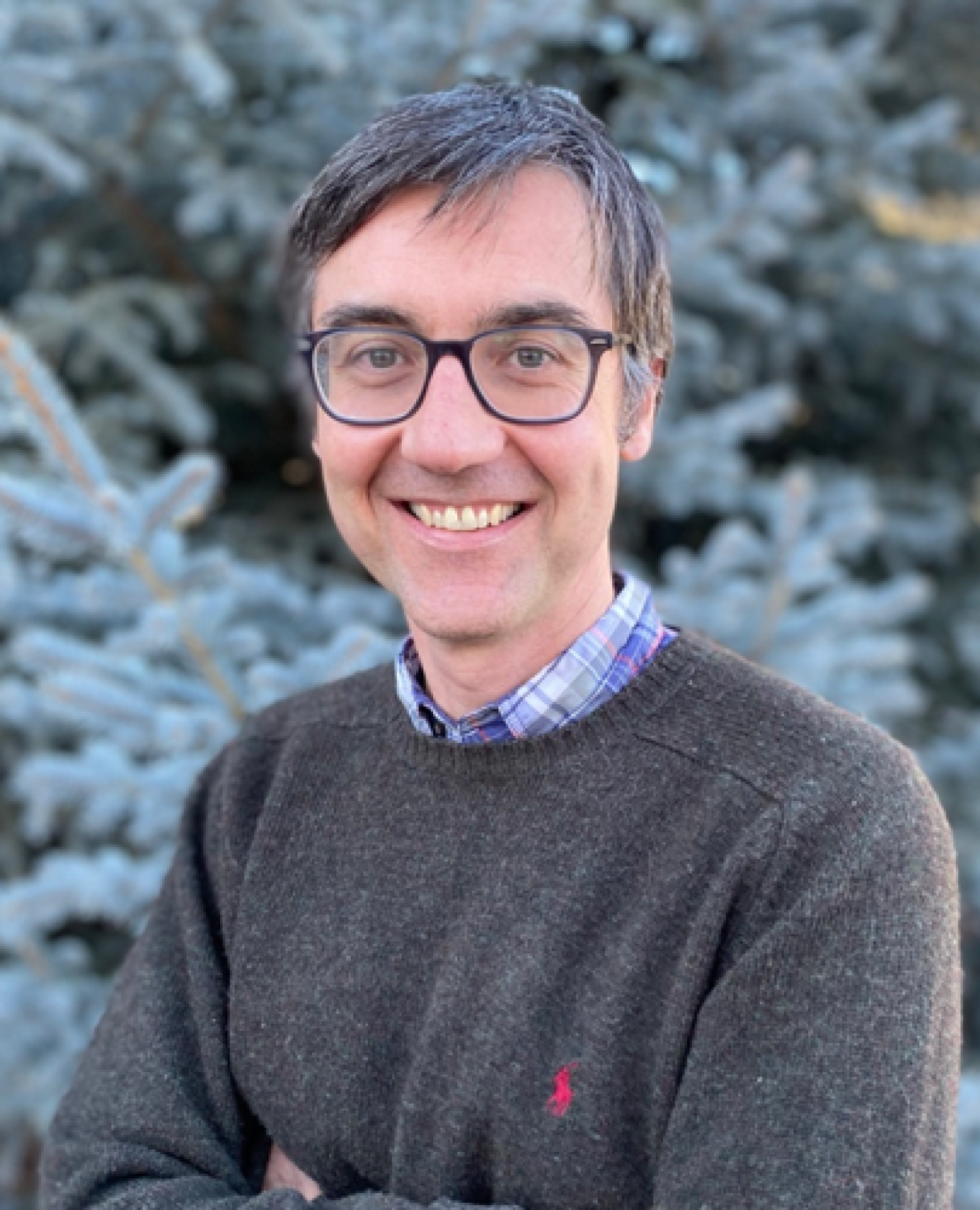Seminar - Ultraviolet Occultations: An Essential Technique for Bridging the Thermospheric Gap - Feb. 23

Ed Thiemann
Research Scientist, Laboratory for Atmospheric and Space Physics (LASP)
Thursday, Feb. 23 | 10 a.m. | AERO 111
Abstract: Solar and stellar ultraviolet occultations provide a capability essential for advancing our understanding of the thermosphere and its coupling with the ionosphere and lower atmosphere. In this seminar, I present recent scientific findings using far and extreme ultraviolet (FUV and EUV) solar and stellar occultations, and make the case that this seemingly overlooked technique has the potential to address a number of questions of upmost importance to the heliophysics community. Advances over the past decade have demonstrated the power of occultations for measuring gravity waves and tides over large altitude ranges and across atmospheric domains. Additionally, occultation instruments measure neutral density in the thermosphere directly using technology that is readily miniaturized, making them ideal candidates for space weather monitoring sensors. These measurements are inherently “self-calibrated” making them optimal for identifying and tracking secular changes in the upper atmosphere. Future missions for studying the thermosphere should include instruments specifically designed for occultations to maximize the quality of science measurements.
Bio: Dr. Ed Thiemann is a research scientist at CU’s Laboratory for Atmospheric and Space Physics focusing on extreme ultraviolet (EUV) instrumentation for solar irradiance and solar occultations. His PhD work focused on EUV solar irradiance modeling, with a focus on solar flare irradiance. After receiving his PhD in Electrical Engineering from CU in 2016, he began using EUV solar irradiance to probe planetary upper atmospheres via solar occultations resulting in new measurements of the upper atmospheres of Earth and Mars. He is actively involved in multiple NASA missions including being the PI of the Occultation Wave Limb Sounder (OWLS), the Deputy PI of the MAVEN EUV Monitor (EUVM) and Instrument Scientist for the TSIS-2 Total Irradiance Monitor (TIM).

